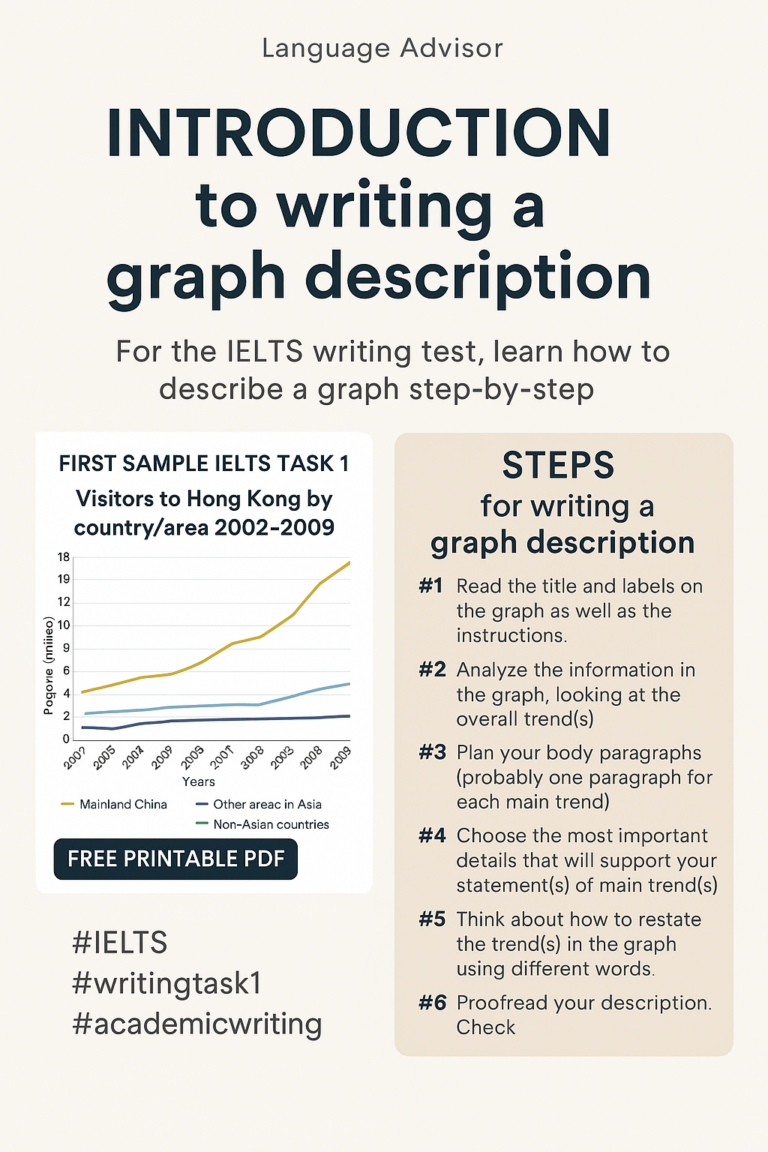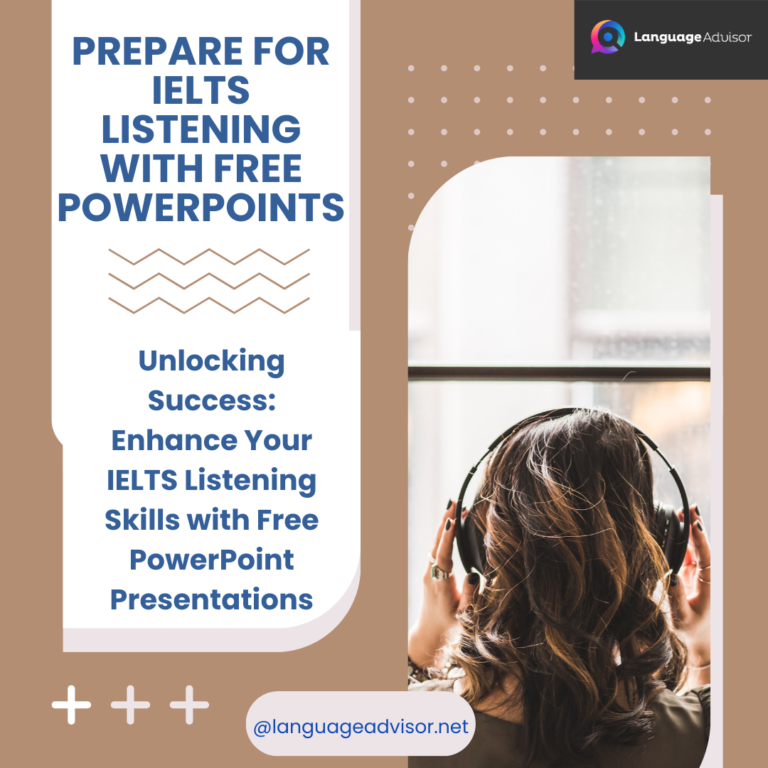IELTS Practice Listening Test from British Council. Master Your IELTS Listening Skills with British Council Practice Tests with a Free printable PDFs
IELTS Practice Listening Test from British Council

IELTS Practice Listening Test from British Council
Preparing for the IELTS exam can be a daunting task, especially the listening section, which requires sharp attention to detail and the ability to understand various accents. The British Council offers excellent resources to help you practice and improve your listening skills. In this blog post, we will guide you through the essential steps and tips for mastering the IELTS Listening Test using British Council practice tests.
Understanding the IELTS Listening Test
The IELTS Listening Test consists of four sections, each with a different type of recording. These sections include conversations and monologues in both academic and social contexts. The test lasts approximately 30 minutes, with an additional 10 minutes for transferring your answers to the answer sheet.
Why Use British Council Practice Tests?
The British Council is one of the official administrators of the IELTS exam, making their practice tests an invaluable resource. These tests are designed to mirror the actual exam, providing you with an authentic experience and familiarizing you with the format and types of questions you will encounter.
Step-by-Step Guide to Using British Council Practice Tests
1. Accessing the Practice Tests
Visit the British Council’s IELTS preparation webpage to find a range of free practice tests. These tests include audio recordings and answer sheets, allowing you to simulate the test conditions.
2. Set Up a Quiet Environment
Find a quiet place to practice where you won’t be interrupted. This will help you focus entirely on the listening material and get accustomed to the test conditions.
3. Listen Actively
During the test, listen to the recordings actively. Take note of key points, but avoid writing too much as it may distract you. Focus on understanding the main ideas and specific details mentioned in the recordings.
4. Answer All Questions
Attempt all questions even if you are unsure about the answer. The IELTS Listening Test does not penalize incorrect answers, so it’s always worth making an educated guess.
5. Review Your Answers
After completing the test, use the provided answer key to check your responses. Identify any mistakes and understand why you made them. This will help you avoid similar errors in the future.

Tips for Improving Your Listening Skills
1. Diversify Your Listening Sources
Listen to a variety of English audio sources such as podcasts, news broadcasts, and movies. This will help you get used to different accents and speaking speeds.
2. Practice Regularly
Consistency is key. Dedicate regular time each day to practice listening. The more you practice, the more confident you will become.
3. Take Notes Effectively
Learn to take quick and effective notes. Write down keywords and important points rather than trying to capture every word.
4. Focus on Understanding Context
Often, understanding the context can help you infer the meanings of unfamiliar words and phrases. Pay attention to the overall situation and the relationships between speakers.
Mastering the IELTS Listening Test requires dedication, practice, and the right resources. By using the British Council practice tests, you can familiarize yourself with the test format and improve your listening skills. Remember to practice regularly, diversify your listening sources, and review your mistakes to ensure continuous improvement. With these strategies, you’ll be well on your way to achieving a high score on the IELTS Listening Test.

Listening Practice Questions
Listening Practice Answers
Blank Answer Sheet Listening

IELTS Practice Listening Test. Also check out these resources to prepare for IELTS












